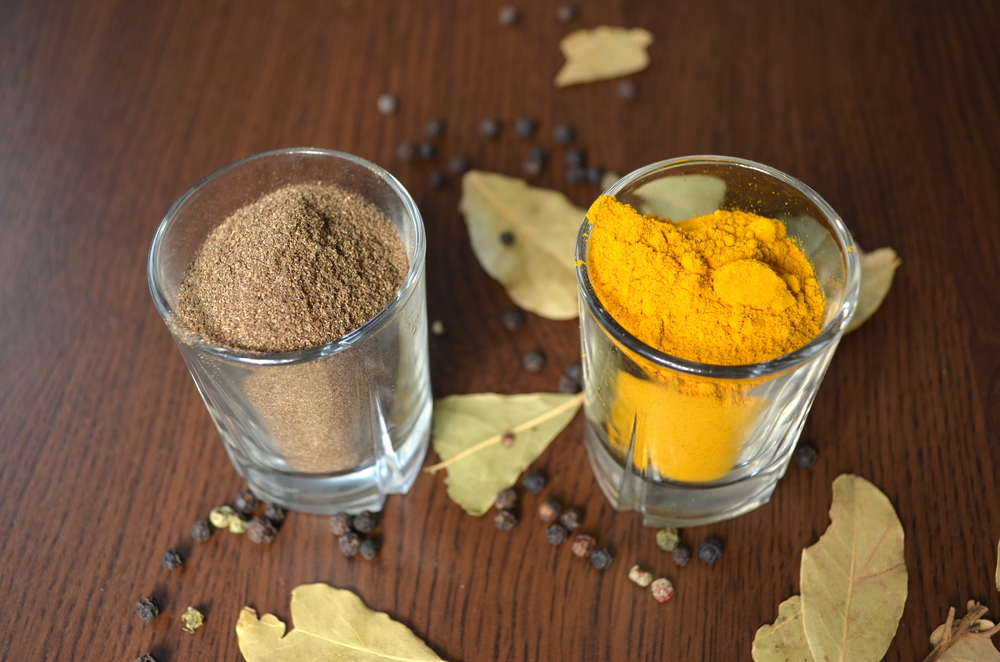Benefits and Uses of Alpha Lipoic Acid in Health and Disease Support
Explore the health benefits and diverse applications of alpha lipoic acid, including its role in diabetes management, nerve health, surgical recovery, and skin conditions. This antioxidant offers promising support for various health issues, backed by scientific research and clinical studies.

Alpha lipoic acid occurs naturally in foods like yeast, kidney, liver, spinach, broccoli, and potatoes. It is also synthesized for use as a supplement or medication. Known for its antioxidant effects, alpha lipoic acid is frequently used to assist in managing diabetes and reducing nerve pain such as burning sensations, numbness, and discomfort in extremities. Germany allows high-dose supplementation to treat these conditions.
In addition to these applications, alpha lipoic acid provides various other health advantages. Let’s look at some key benefits:
Supporting recovery after coronary artery bypass surgery (CABG):
Using alpha lipoic acid supplementation may lower the risk of complications after CABG procedures. Combining it with CoQ10, omega-3 fatty acids, magnesium, and selenium for two months pre- and one month post-surgery shows promise.
Blood sugar regulation in diabetes: Although alpha lipoic acid affects blood glucose levels, its exact role is still being studied. Some data suggest it may lower blood sugar, but there is a risk of hypoglycemia.
Relief from diabetic nerve pain: Nerve issues such as burning and numbness associated with diabetes can improve with alpha lipoic acid intake, with noticeable effects typically seen after three to five weeks.
Pre-diabetic conditions: Clinical studies indicate that daily intravenous doses of about 600 mg for two weeks can help reduce post-meal blood sugar spikes.
Vitiligo management: Combining alpha lipoic acid with vitamins C and E, along with polyunsaturated fats and light therapy over an eight-month period, may help decrease skin discoloration in vitiligo patients.
Wound repair: Taking 300 mg of specific alpha lipoic acid formulations before and after oxygen therapy for 2 to 4 weeks can promote faster healing, especially in ulcer cases.
Disclaimer: Our site provides health information based on scientific research. This content is intended for informational purposes and should not replace professional medical advice. For tailored guidance, consult healthcare professionals. We are not responsible for any discrepancies or product offers related to health.


